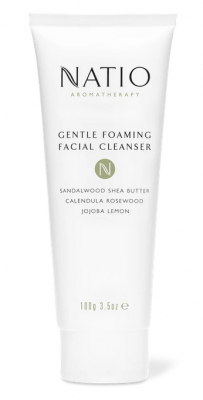
The words ‘perimenopause’ or ‘menopause’ and women inevitably come hand in hand with the words – heat, sweat, angry and overwhelm. In fact if I were to describe my own experience it would go something like this: raging hot furnace of overwhelm and anxiety with sleep deprivation, no patience and the memory of a goldfish!
But how do the colder months affect these symptoms? Studies have shown that levels of thyroid stimulating hormone (TSH) increase during the winter and decrease during the summer in both healthy people and people with hypothyroidism. Symptoms of raised TSH include low mood, fatigue, weight gain, an intolerance to cold and memory problems, commonly described as a ‘brain fog’.
Winter brings heavy clothing, lack of light, shorter days, changes in exercise routines, cravings for comfort food and if you are like me, red wine! On top of this there are the known effects of seasonal affective disorder, so all these can really exacerbate the symptoms of peri/menopause and make it even more difficult to deal with.
Some of the ways I have learnt to cope with peri and menopause in winter:
1. Layer my clothing and yes, activewear has become my best friend.
2. Stay hydrated – I drink lots of water but aim to do this before 2pm to stop the night time bathroom wake up!
3. Avoid sugar (which includes alcohol), as this is known to exacerbate symptoms.
4. Wake at sunrise – seeing the daylight first thing sets circadian rhythm – this is the ‘sleep wake cycle’ which helps regulate sleep.
5. Body temperature – I sleep with 2 duvets in the winter! Because after my hot flashes I become very cold, so that coupled with very light PJ’s is a must for me. And of course a fan is on 24/7!
6. Be prepared – knowing what meals I will have for the next day (or more if I am organised!) means I tend not to cave for the chips and chocolate that seems to call much louder these days.
7. Set out my clothes the night before – because I can’t make up my mind in the morning.
8. Talk! Find your tribe – as our hormones change, many of us do too. So finding people that are going through the same thing is so important to feel supported, rather than look at you like a weird alien!
9. Have my workout area set up and ready – if my mat is down then I am more likely to do a workout.
At the end of the day, it is important to recognise that every woman is different, and while some may experience it this way, others will not, so tune in to your body and remember to move, eat, learn and connect in ways that make sense to you.
For over 20 years, Naz has worked and studied alongside specialist trainers, nutritionists, and mindfulness experts to do the work and learn the lessons. Naz de Bono founded Xali, an online platform that helps other women going through hormonal changes, after her own personal experience of going through menopause.
Be well,
xoxo




0 Comments